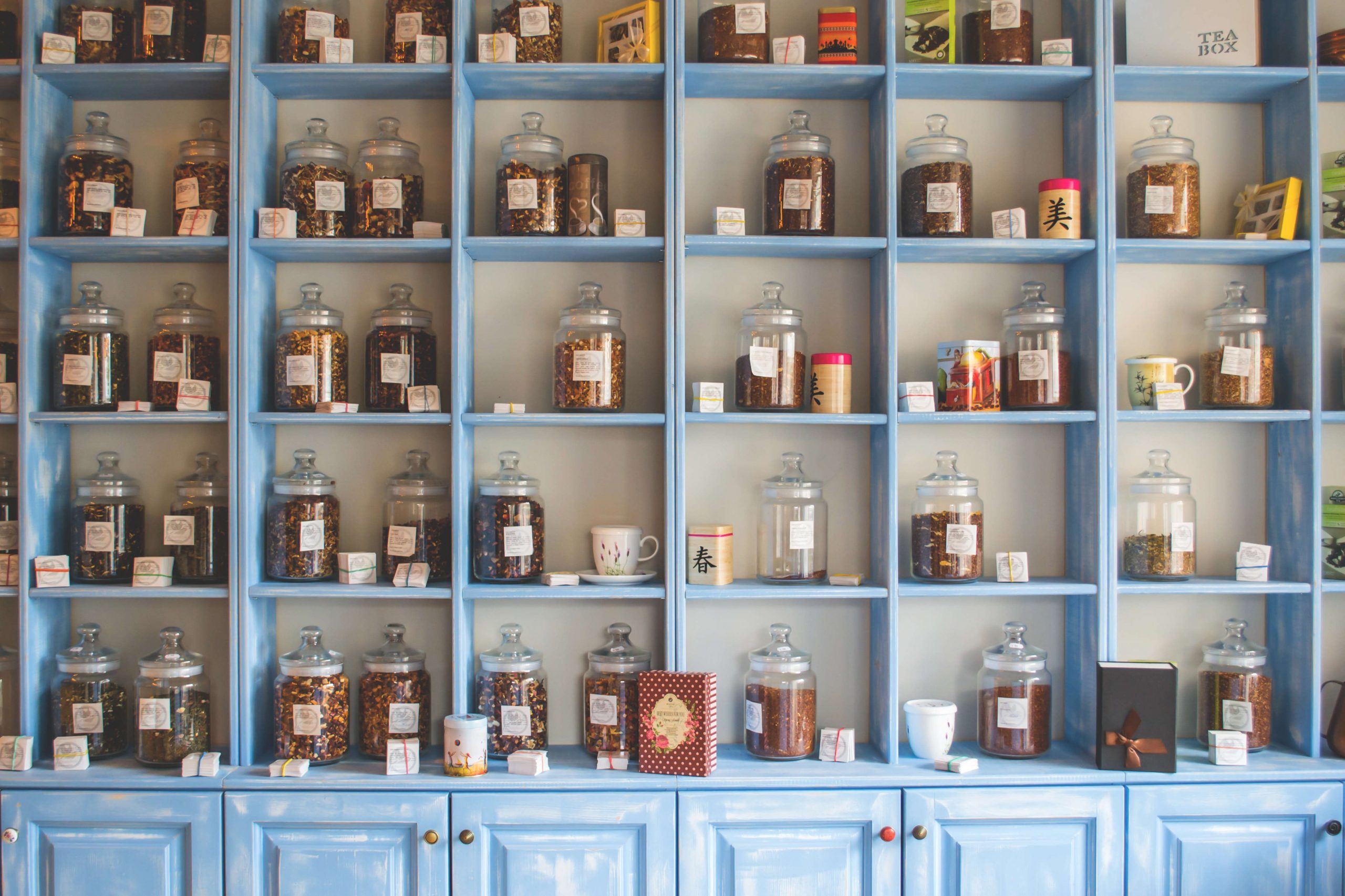Medical systems such as Traditional Chinese Medicine (TCM) and Ayurveda have evolved over thousands of years and the two share many similarities. Both utilize five element systems as a means of diagnosing and prognosticating various diseases. Ayurveda stresses a balance of the three elemental energies of Vāyu / Vāta, pitta, and kapha, and TCM stresses the balance of three energies of Yin, Yang, and Qi. Both systems consider that the relative balance of these three substances is fundamental to health. When disease occurs, both systems stress the use of plant-based medicines and treatments.
In TCM, there are thousands of herbal medicines. Common examples include red reishi, and ginseng. Red reishi is the Japanese name for ganoderma lucidum, a medicinal mushroom that was described in Chinese medicine classics as a “plant of immortality”. Modern research indicates it has anti-tumor properties, and potent immune-boosting properties, making it an excellent herb for the upcoming cold and flu season.
Studies show that red reishi boosts the immune system by raising the amount of macrophages and T-cells. This immune-boosting action not only helps to protect from cold and flu viruses but also works wonders in the prevention and treatment of cancer. Usage of reishi to fight cancer is so positive that the Japanese government officially recognizes it as a cancer treatment.
There are numerous other benefits of reishi. The lanostan in reishi acts as a natural antihistamine, and may provide relief for allergy sufferers. How about arthritis and chronic pain? Dr. William B. Stavinhoa, University of Texas Health Science Center found that reishi is as powerful as five milligrams of hydrocortisone, but with minimal side effects.





